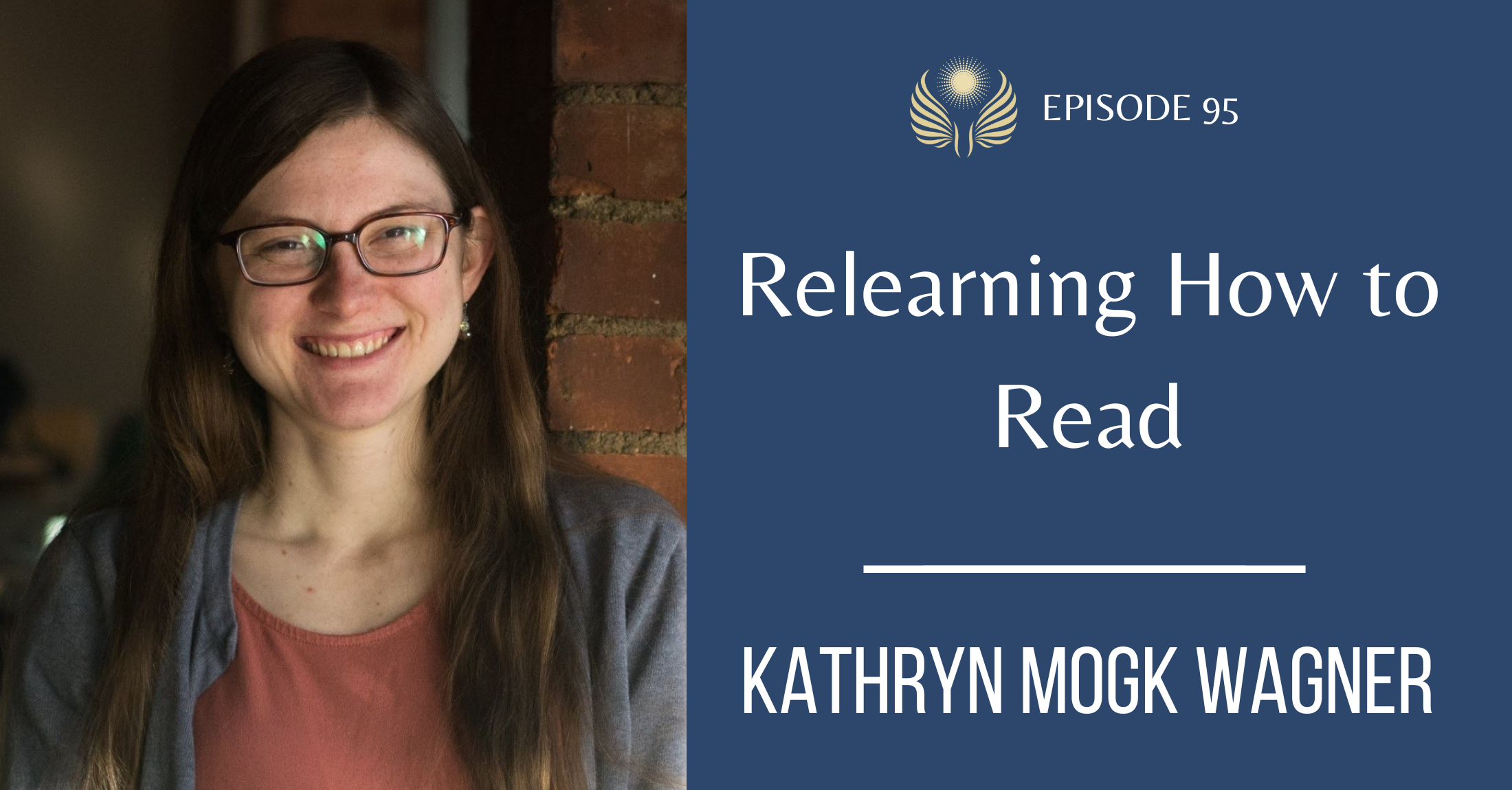Increasingly, technology is dominating our lives. How do we stay human in the midst of digital upheaval? What lessons can we glean from dystopian literature? Is there a heuristic we can adopt that helps us to discern which technology to use and which to reject? Can only a deistic story compete with the Machine story or are there secular alternatives? Peco and Ruth Gaskovski have been exploring these timely questions from a hopeful, practical perspective on their Substacks Pilgrims in the Machine and School of the Unconformed.
Join Grant, Peco, and Ruth as they explore these and more questions to encourage us to live unconformed lives in a digital age. Read more here.




